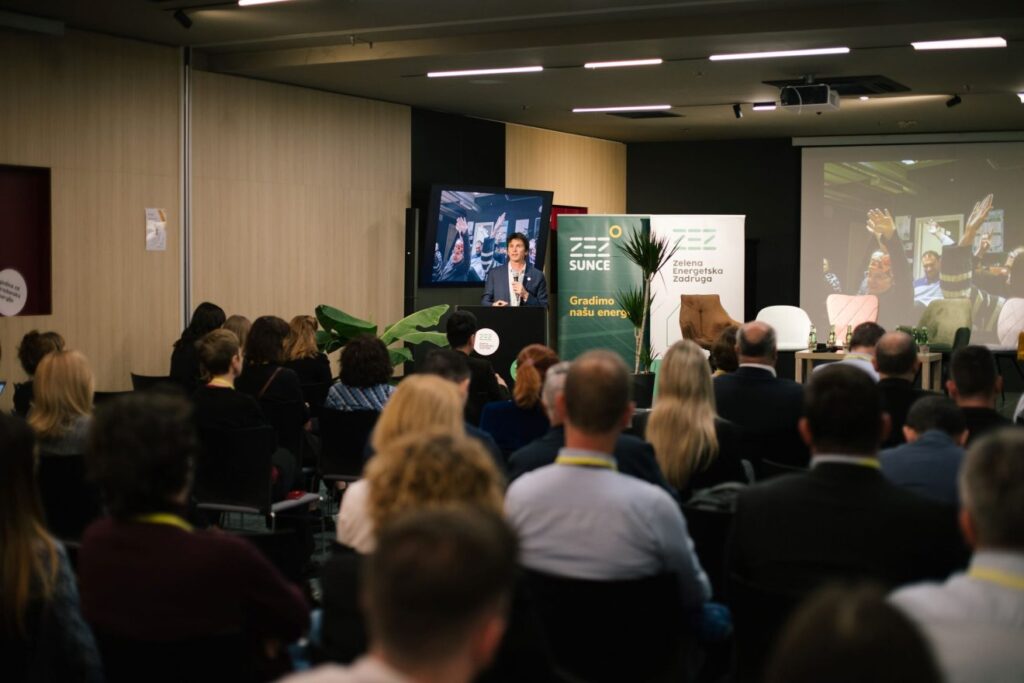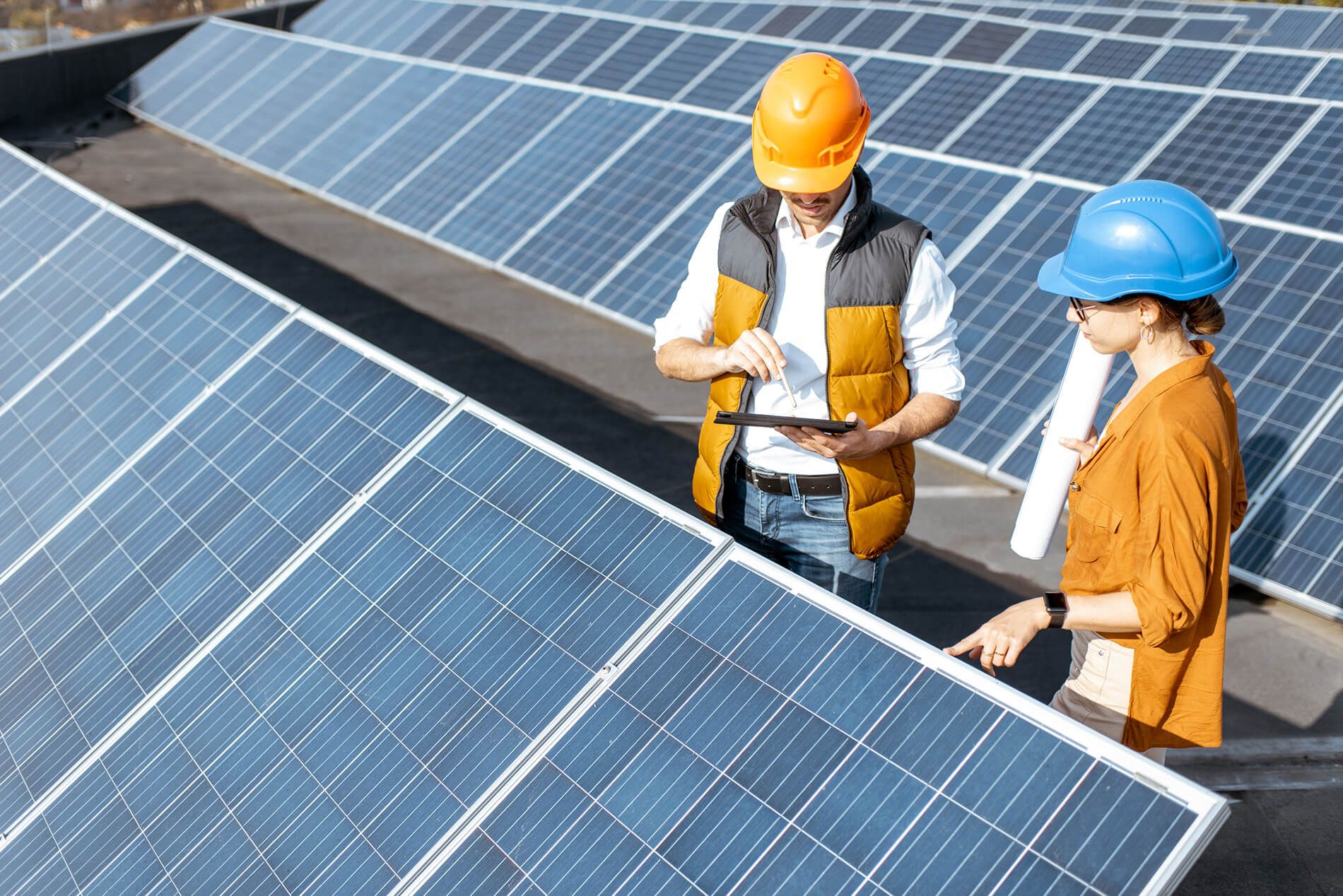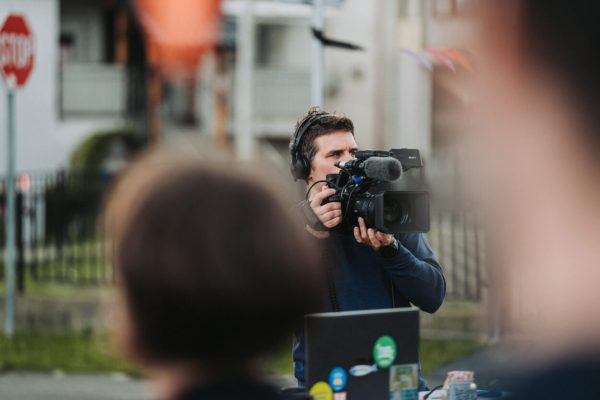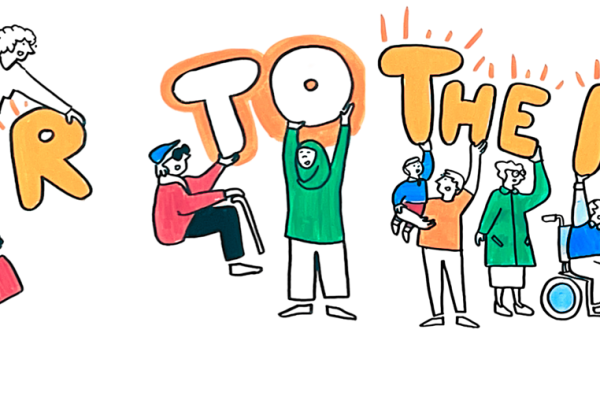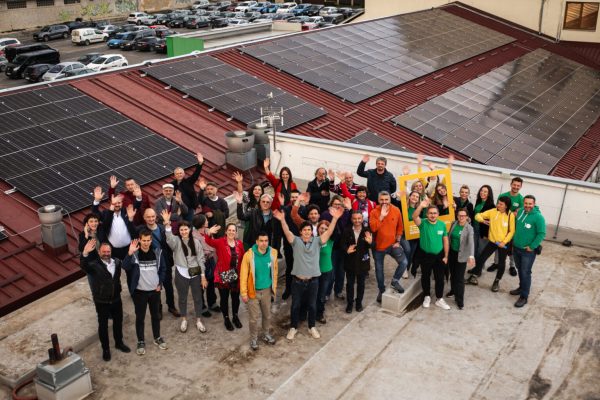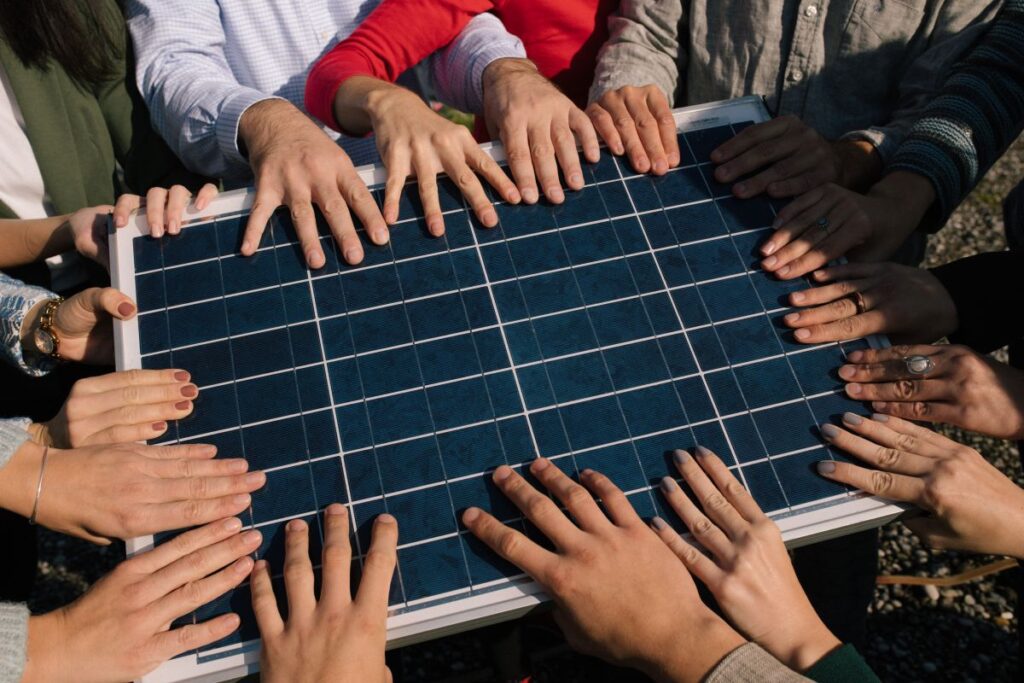26 April 2024 – In anticipation of World Renewable Energy Day, the conference “Good Energy – Energy Communities in Focus” was held yesterday in Zagreb, organized by the Green Energy Cooperative (ZEZ) in partnership with the European Commission Representation in Croatia. The event brought together about a hundred domestic and European experts and representatives of institutions to discuss the development of energy communities in Croatia.
Energy communities enable citizens to independently produce, share and sell renewable energy. They were introduced into the Croatian legal framework on the basis of EU directives from the “Clean Energy for All Europeans” with the aim of encouraging greater use of renewable energy sources and strengthening the resilience of local communities to crises. By spring 2024, only one energy community was registered in Croatia, which is why the focus of the conference “Good Energy” was on solutions for their faster development.
The event was opened with a virtual presentation by Gabriele Giudice, Deputy Director of the Directorate-General for Economic and Financial Affairs of the European Commission, who also manages the economic supervision of Croatia and the implementation of the National Recovery and Resilience Plan. Giudice pointed out that energy communities play an important role in accelerating the decarbonization of the energy system and called for an urgent simplification of the Croatian legal framework and accompanying regulations in order to eliminate unnecessary requirements and costs, especially for smaller energy communities, aiming for at least ten new energy communities to be established in Croatia by the end of the year, and at least one in each of the 80 cities and municipalities with a population of over 10,000 by 2025.
The programme included presentations by several local and European practitioners in the field of citizen energy and energy communities. Mislav Kirac, program coordinator of the Green Energy Cooperative (ZEZ) and manager of the ZEZ Sun energy cooperative, pointed out that energy communities are small “players” in a market designed for the big ones, and that citizens should be given the opportunity to participate in it without having to follow the same rules that apply to established companies that build large energy facilities. Damir Juričić from the Northern Adriatic Energy Community emphasized the importance of sound economics of energy communities, starting from the difference in the price of plants and sales, which is currently too small to cover all the costs of the community, and concluded that support mechanisms are necessary for the development of energy communities in Croatia.
The need to simplify the legal framework for energy communities, establishing support mechanisms, but also encouraging the active role of cities and municipalities in the development of energy communities was highlighted by the Energy Communities Forum in Croatia, which introduced itself to the public for the first time at the event. The Forum currently brings together around 15 organizations and initiatives piloted by the first energy communities in the country, including the Green Energy Cooperative (ZEZ), ZEZ Sun Energy Cooperative, KLIK Energy Cooperative, My Energy Community – MEC, Northern Adriatic Energy Community, Association Without Borders Rijeka, Adriatic RES Association, REGA, DVD Špičkovina, DOOR Association, Energy Cooperative Apsyrtides, OTRA, Energy cooperative NOVI OTOK KORČULA, Island Movement, ZMAG and SDEWES Centre. The forum members called on institutions to leverage practical knowledge and experience to improve the conditions for energy communities in Croatia.
At a panel discussion with the representatives of the Energy Communities Forum in Croatia, the Ministry of Physical Planning, Construction and State Assets, the Environmental Protection and Energy Efficiency Fund, and HEP-DSO, Snježana Blagajac, a specialist in tariff systems and the electricity market from Hera, emphasized that learning from practice is essential for further defining the conditions. She noted that the insights currently received at HERA from practice are diverse and concluded that coordination and dialogue between practitioners and other stakeholders are what is lacking for the further development of energy communities in Croatia.
Part of the “Good Energy” programme was also dedicated to the role of energy communities in combating energy poverty. It was emphasized that while energy communities are not a one-size-fits-all solution to energy poverty, it is important to monitor their impact and strengthen the synergy between social and energy policies to harness the potential they offer.
The “Good Energy” conference was organized as part of the projects “ACCE – Access to Capital for Community Energy” and “COMET – Coalitions for Community Energy Catalysation in Eastern EU”, both funded by the LIFE programme of the European Union, and the projects “CEES – Community Energy for Energy Solidarity” and “SCCALE 20-30-50”, funded through the EU Horizon 2020 programme under Grant Agreements No. 101026972 and No. 101033676.
